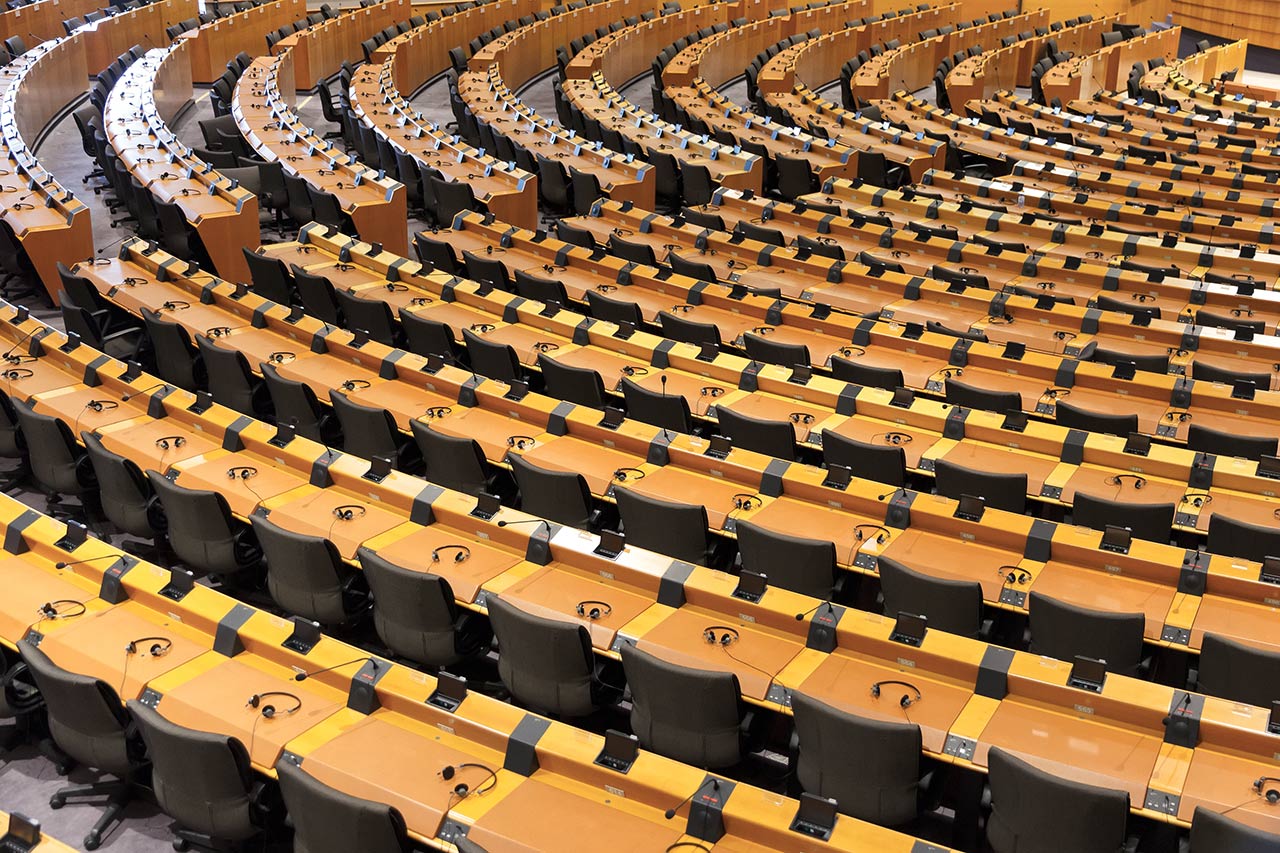Positive and negative impacts of the British Empire
A summary of positive and negative effects originating from British imperial rule throughout the world
Question
What were the positive and negative impacts of the British empire?
Answer
Among what may be viewed as the positive effects of the British empire are the same phenomena which comprise the benefits of globalisation in the contemporary world, which British imperial rule helped to create and accelerate. Its collective control of many areas around the world allowed for ease of trade between them, and spurred international trade in general, both from the colonists’ ability to harvest the valued raw materials from each area, and from the Empire’s role in constructing railways or other transport links. For much of its imperial lifetime, Britain operated under a democratic parliamentary system of government, which was transmitted to (and is largely retained in now independent) countries under its control – likewise for common law, and the usage of the English language. English’s position as a lingua franca enables ease of communication between diverse groups of people across the world, to an extent never before possible. Sports such as football were also carried across by British culture and laid the basis for the international popularity of these in the contemporary world.
Yet negative features of the world and its recent history can also be traced back to British imperialism. Throughout the 18th century, the Empire was the largest facilitator in the transportation of African slaves to the Western hemisphere: their descendants typically inhabit the worst socio-economic conditions in countries like the USA, partly as a result of this (it must also be noted, however, that in the following century Britain abolished slavery and gradually used its influence to ban the practice even in areas outside its control, e.g. Zanzibar). In Africa itself, its establishment of controlled areas as nation states was largely done without respect for cultural differences among inhabitants – tensions between groups in these nations have led to devastating conflicts like the Biafran War. Tensions and socio-economic disparities also exist between descendants of the original settlers and natives, such as in South Africa and Zimbabwe, while the indigenous populations of the Americas were greatly decimated during colonisation and remain marginalised today. Indeed many cultural and religious practices have been marginalised in the wake of the Western Christian worldview that the British Empire largely bore across.
